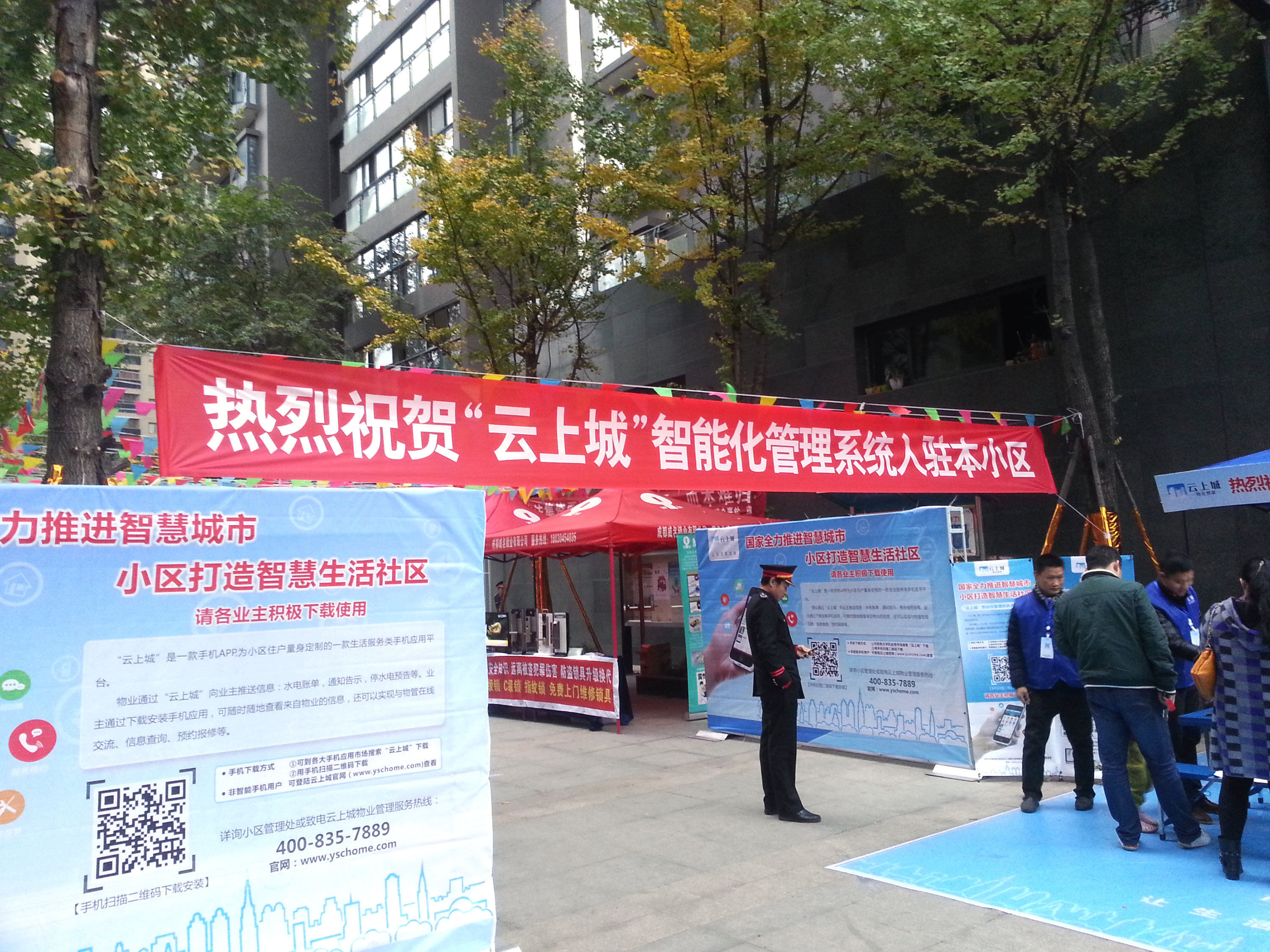
Abstract
While both digitalisation and environmentalism have become important topics for understanding China today, the intersection of these two issues is rarely discussed. With the coming era of Big Data, future development projects will no longer go through an Environmental Impact Assessment conducted by an official in person, but rather development plans will simply be submitted to a digital platform for approval. Additionally, Chengdu is now actively promoting Smart Housing Estates, which include geothermal heating, onsite water recycling facilities and digitalised metering of utilities directly connected to online bank accounts. Drawing upon fieldwork from Chengdu, this article critically examines what these changes mean for an “environmentally-friendly lifestyle”. The dialectal relationship between the physical and digital relationships in these examples does not make them any more or less real, just qualitatively different. This difference is created not just through the compression of time-space, as found in many studies of digital technology, but also the compression of the labour it takes to be “environmentally-friendly”. The article also examines the way that digitalisation has resulted in changes to social relations among my informants in Chengdu.
Image: Tiramisu Compound © Edwin A. Schmitt
- Sichuan,
- environmental impact assessment,
- smart cities,
- time-space compression,
- labour,
- digitalisation
